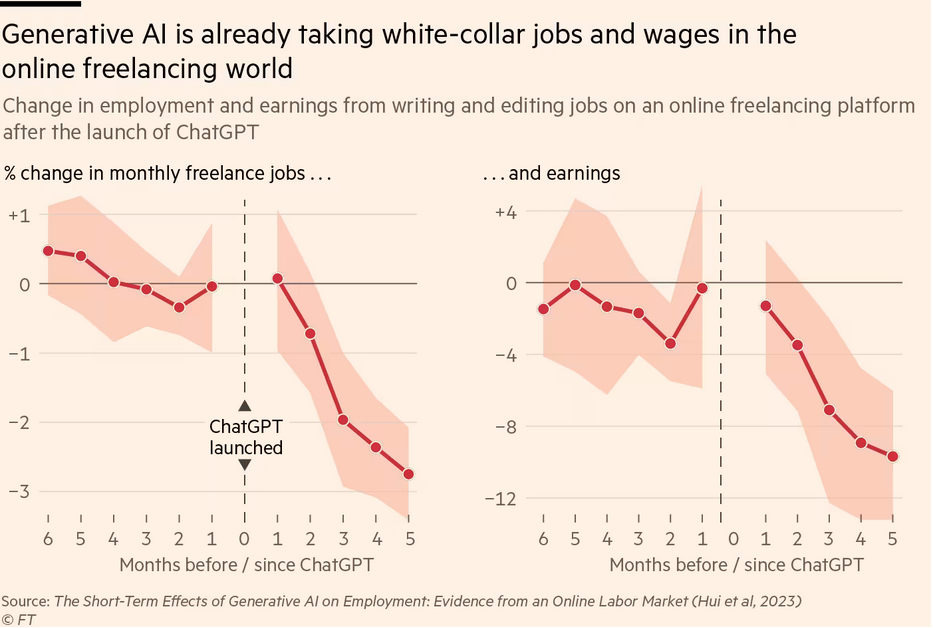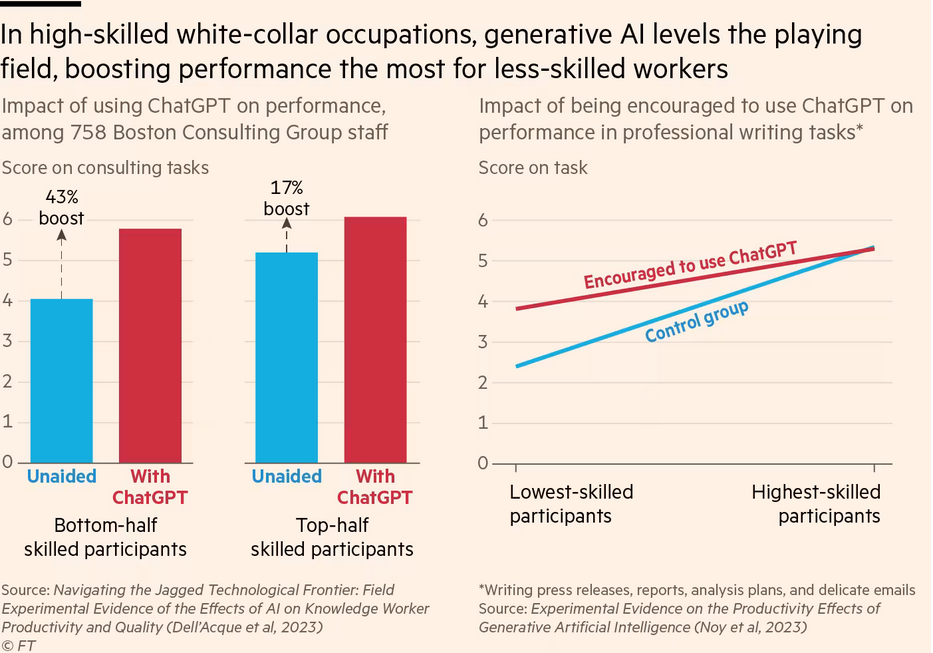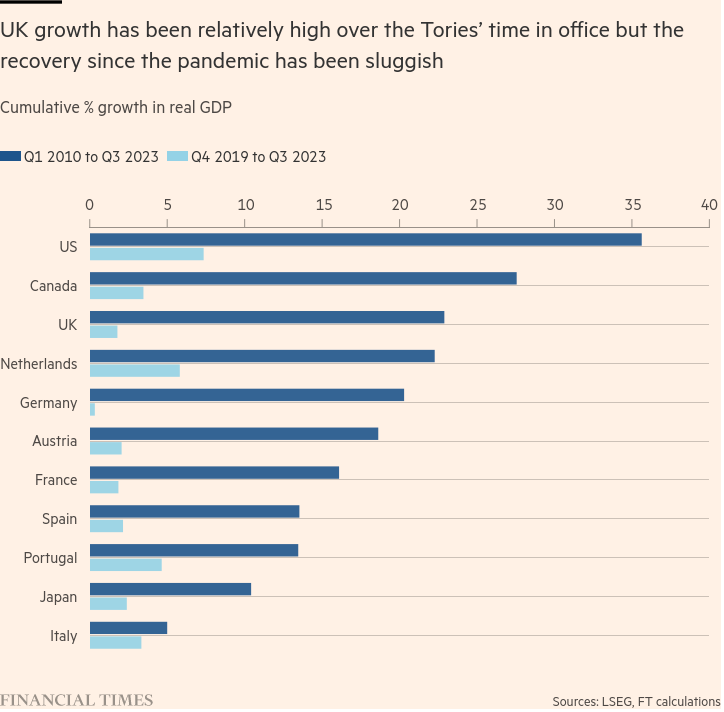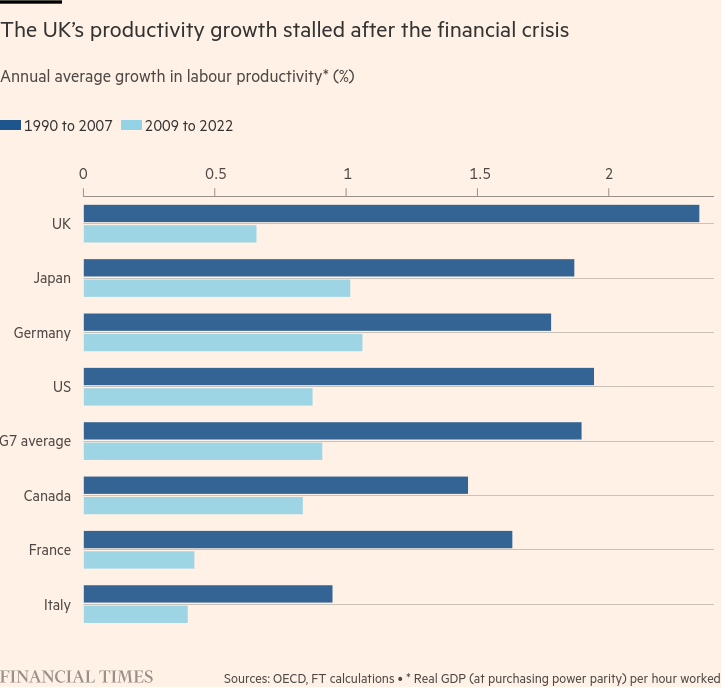November 20, 2023
AI and research
The news around OpenAI's internal business management decisions this weekend does two things for me:
- It is a reminder that even large, very expensive, very important businesses are still run poorly by people who have their own egos and ideas of things.
- No one understands the difference between research and commercialization, especially in a company that is the icon of that vision.
The OpenAI board fight is one between the research/engineering non-profit and those who are interested in the commercialization of the technology as fast as possible. One is always in conflict with the other. It is just not normal for the researcher-focused people to win. Which is essentially what happened here at the board level.
The problem is the investors who make this all possible are going to win in the long-run. There is no ChatGPT without MicroSoft's servers.
The leadership of OpenAI are less important that the flow of investors.
Sam Altman and Greg Brockman are sales people. They are now sales people employed at MicroSoft to start its own advanced AI research program. MicroSoft has a long history of failing in this space no matter who is in charge. Egos will collide and many of the best engineers stay well clear of M$.
Emmett Shear from Twitch will run OpenAI. Yet another head of a tech company who does not understand the technology the company runs on.
What does this mean for the AI space? Probably nothing.
Maybe it doesn't matter that these companies are run by rich infantile brats because these companies are really just fancy investment vehicles to make their CEOs and investors money.
In announcing the decision to sack Altman on Friday, the board claimed he had not been “completely candid”. A person with knowledge of the decision said it had become “impossible to oversee” Altman, whose “superpower” was to shape narratives and influence powerful people for his own purposes. (FT)
State resources
There are a few narratives emerging from this era of economics.
- Capital is not interested in investing unless the state gives them money and subsidizes profits.
- Large capital is totally fine with the state providing some "direction" where to invest so long as it is also investing where capital needs it to invest.
- Cuts to the public sector are coming, but no one has figured out how to do that yet.
The big bet is on productivity again. We saw this through the early 2000s. Then it was a focus on efficiency through privatization and setting-up pseudo markets and making public sector managers measure everything and "compete" for dwindling resources. All the while making tax cuts for the private sector and driving down interest rates.
That's not going to work this time. So, the focus is on job losses through "productivity" increases using AI.
There is an economic problem with this supposed solution and it was clearly articulated in a recent meeting in the UK:
“You can’t possibly harness AI when staff can’t access a basic computer that doesn’t have multiple logins and takes half an hour to switch on,” said Anita Charlesworth, director of research at The Health Foundation think-tank, noting that some hospitals still worked only with paper records.
“We have underinvested in capital, which is critical to deliver productivity,” she added.
The issue is that productivity increases are not cheap. It is a major reason that there has been a slow-down in productivity across the private sector.
Sir Julian Hartley, chief executive of NHS Providers, which represents health organisations across England, said the biggest productivity gains would come from tackling staff burnout to improve retention, solving the problems in social care that prevented hospitals discharging patients, and stepping up capital investment in basic IT systems.
Scaling-up is going to cost a lot of money and it isn't clear (because there is no such thing as "productivity" in most of the public sector) what benefit it will have on the level of overall spending.
There are some smaller governments catching-up to the rest of the private sector when it comes to making the "finding a solution to my problem" experience terrible because you never get to talk to someone who can help you:
Local government is already deploying AI to help reduce the number of callers needing human attention.
However, this is not going to save a lot of money. Because the focus in the OECD governments is investing in "productivity" in an effort to make room for tax cuts, there will be limited ability to actually get better public service.
Here are some graphs to make you feel good about this analysis. There are limited resources available for generating rapidly increasing revenues for governments. And, there has been little in the way of productivity gains that have resulted in more money.
The point here is that the type of work impacted by AI is not going to result in increased efficiency of current staff in the public sector rather than simply drive down wages in the private sector's more precarious work. Money is needed to invest in tech-driven productivity gains and that takes more spending, not less.


The reality is that there is no money because the state is not investing in real production and neither is capital.


